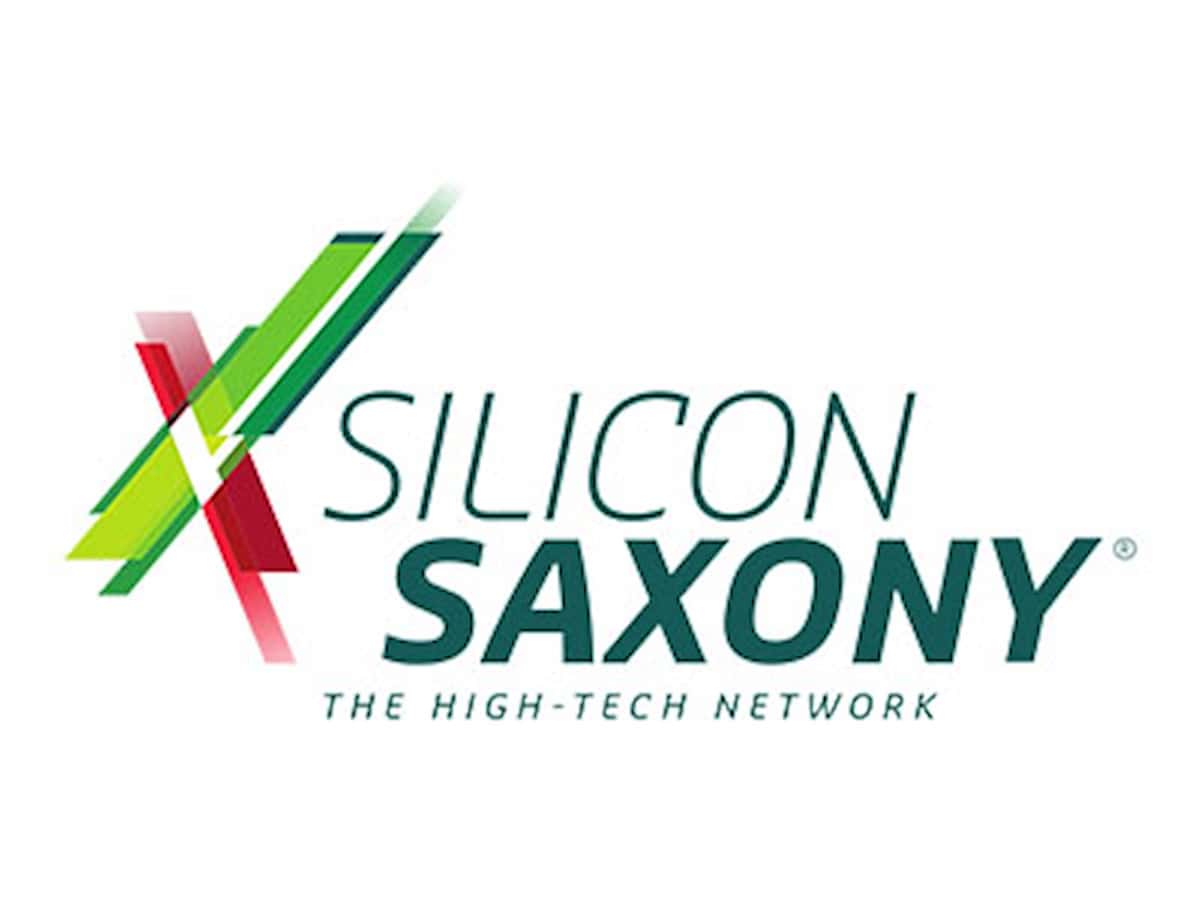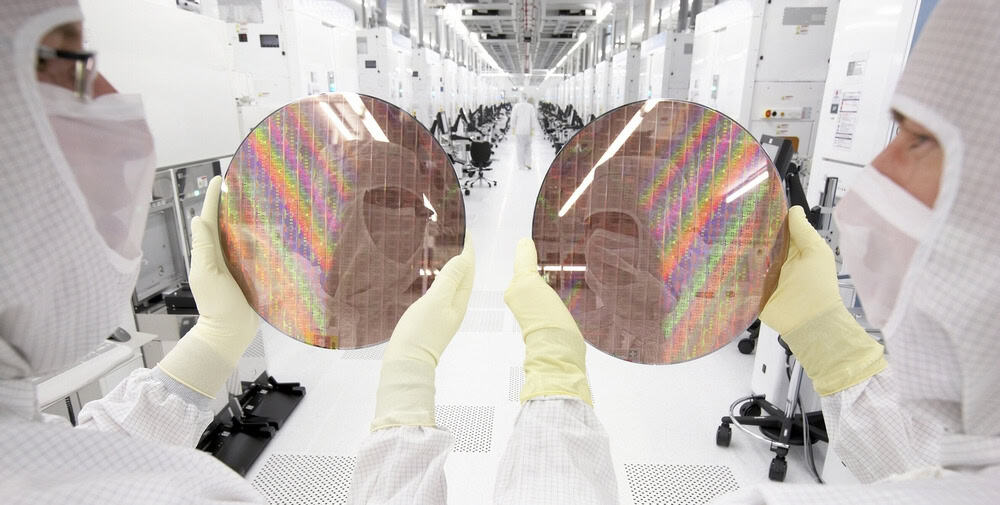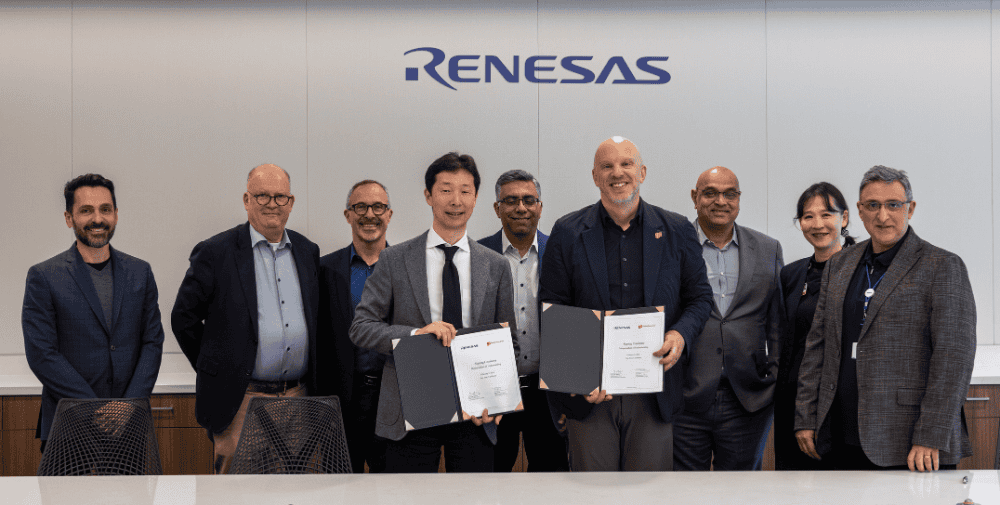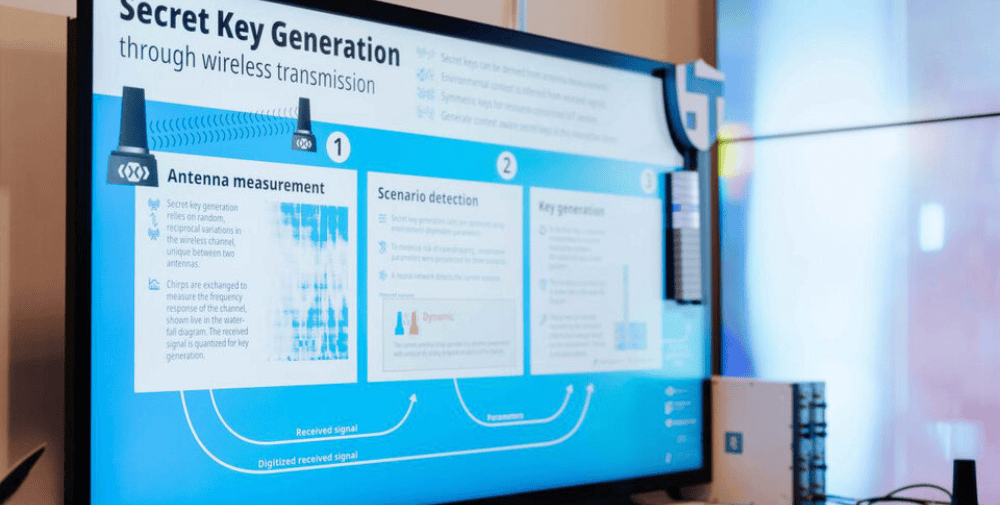
The US had recently threatened not to remove Nexperia from its blacklist if the Chinese CEO Zhang Xuezheng remained in office. This would mean that US companies would not be allowed to supply Nexperia or be available to the company as a service provider. In addition, access to cutting-edge technologies would be restricted. Production in the European plants (Nijmegen, Hamburg and Manchester), the associated jobs and, not least, the Dutch economy would appear to be at risk. By removing Xuezheng and appointing the German Stefan Tilger as the new CEO of Nexperia, the Netherlands is trying to avert the sanctions. A decision that is closely linked to the European automotive industry and Nexperia as its most important supplier. However, it is also a decision that is now leading to sanctions from China. The Netherlands is therefore currently negotiating with China to suspend these new sanctions.
An astonishing process that demonstrates the importance of microelectronics not only for individual nations, but for entire associations of states. It is also an indication of the current state of technological sovereignty in Europe and therefore also in Germany. Even if the Netherlands tries to emphasize that there is no foreign influence behind the Nexperia decision, this can at least be doubted. Europe’s goals of achieving a 20 percent global market share in semiconductor production will not become any more tangible as a result. Finally, the current process raises the question of what could happen to other Chinese or American-led semiconductor companies on European soil if the US and China escalate their trade war further. Most recently, the changes to Chinese export regulations on rare earth metals such as gallium and germanium have already led to an exchange of blows in the area of tariffs. They may also have had an impact on the Nexperia confrontation.
It remains to be seen whether the federal government’s microelectronics strategy published yesterday will succeed in steering Germany and therefore Europe into calmer waters. After all, the current dependencies on the USA and China became apparent in the Nexperia case. Whether the recent decision to withdraw EUR 3 billion from the German funding pot for microelectronics and dedicate it to national infrastructure development will strengthen Germany’s and Europe’s positions can be ruled out. Here, too, Nexperia should act as a warning shot.
We provide you below with the most important media coverage of the Nexperia exchange of blows as well as information on the German government’s microelectronics strategy. Form your own opinion. We also recommend our upcoming podcast “What’s chippening”. Here, Silicon Saxony Managing Director Frank Bösenberg will shed light on the latest events and developments from Nexperia to the federal government’s microelectronics strategy and categorize them for you. Worth listening to!
– – – – – –
Further links
Media coverage of Nexperia:
👉 ORF: Netherlands caught between the fronts
👉 NTV: China bans Dutch chip maker from exports
👉 Deutschlandfunk: Netherlands takes control of chip maker Nexperia
👉 Handelsblatt: Nexperia gets German boss – and pressure from the USA
👉 Spiegel: Niederlande haben Kontrolle über chinesischen Chiphersteller Nexperia übernommen
👉 Golem: Netherlands take control of Nexperia
👉 IT Times: Nexperia under state control: Netherlands intervenes in Chinese chip manufacturer
Microelectronics strategy:
👉 On the Federal Government’s microelectronics strategy
Podcast:
👉 On the podcast “What’s chippening”
Photo: GlobalFoundries



